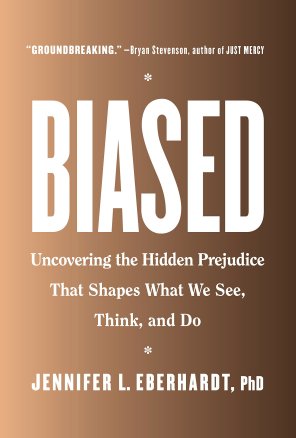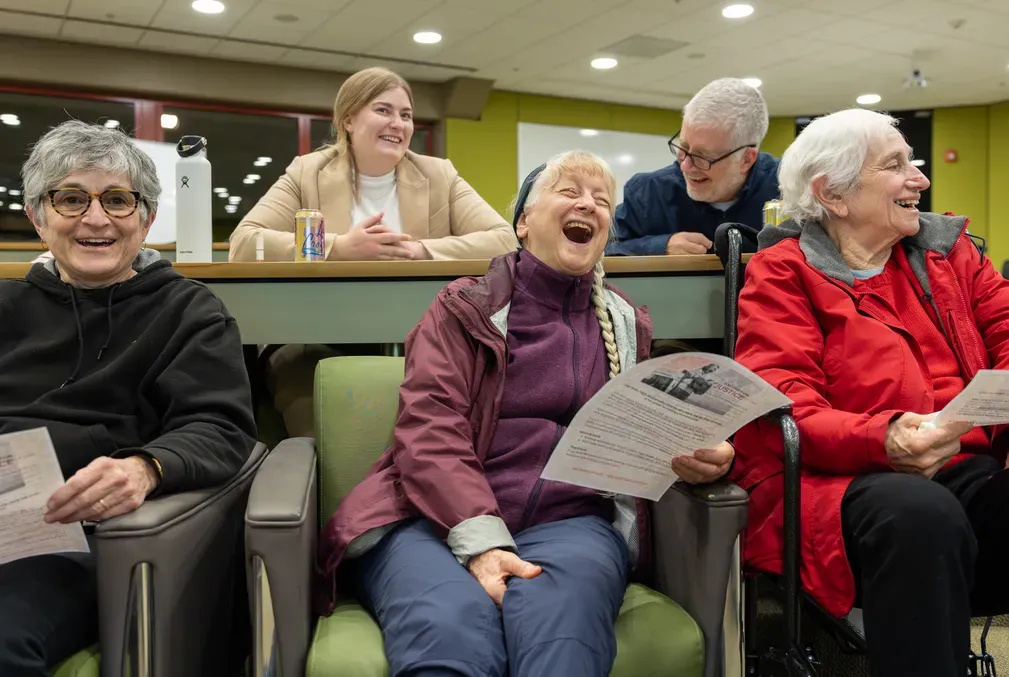Jennifer Eberhardt receives the 2022 Lewis Thomas Prize
Stanford Psychologist Jennifer Eberhardt receives 2022 Lewis Thomas Prize for Writing about Science
Jennifer Eberhardt, the Morris M. Doyle Centennial Professor of Public Policy in the School of Humanities and Sciences (H&S), has received the 2022 Lewis Thomas Prize for Writing about Science from The Rockefeller University for her accomplished record in applying rigorous scientific methods to the behavioral study of race and for her exceptional storytelling.
The Lewis Thomas Prize is an international award that honors the "scientist as poet" and recognizes "the rare individual who bridges the worlds of science and the humanities, whose voice and vision can tell us about science’s aesthetic and philosophical dimensions." This annual prize was established in 1993 by The Rockefeller University’s Board of Trustees and is named after its first recipient, the physician-scientist and essayist Lewis Thomas.
Eberhardt is a world-renowned expert on racial bias. Her research not only aims to understand where and how bias takes root, but also what can be done to address it. She is a professor in Stanford’s Department of Psychology and is the author of Biased: Uncovering the Hidden Prejudice That Shapes What We See, Think, and Do (Penguin Random House, 2020). She is the codirector of Stanford SPARQ, a behavioral science "do tank" that builds research-driven partnerships with industry leaders and changemakers to combat bias, reduce disparities, and drive culture change. She cofounded SPARQ to "put research to work in the world to make change."
In her book, Eberhardt offers insights into the ingrained biases and stereotypes that can infect our visual perception, attention, memory, and behavior. Her research reveals that racial bias is startlingly pervasive, influencing interactions and outcomes in the U.S. criminal justice system, schools, neighborhoods, healthcare facilities, and businesses. Drawing upon her long-time experience working to produce changes to practices and policies within law enforcement, Eberhardt presents ways to address racial disparities and inequities more generally—in both organizations and ourselves.
"Bias does its work in the shadows and in the open, reworking our brains, framing, and distorting our relationships with each other, erecting barriers that limit how we experience the world," Eberhardt said. "Until we understand both its mechanics and its menace, we are hostage to its power and cut off from the full measure of our own humanity. By making sense of our stories, our behavior, and our history, science can dismantle our illusions and prompt the kind of soul-searching that inspires hope and courage and that fuels a thirst for justice, lighting the path to peace."
"Jennifer Eberhardt embodies what the Lewis Thomas Prize was established to celebrate," said Jesse H. Ausubel, the chair of the selection committee, in the award citation. "She makes complex ideas and behaviors accessible through her writing, and her work evokes reflection and revelation."
"I am honored to receive the Lewis Thomas Prize for the work I have conducted on racial bias at Stanford,” Eberhardt said. "Interdisciplinary collaborations with colleagues, postdoctoral students, and graduate students allowed this work to take form and to flourish."





